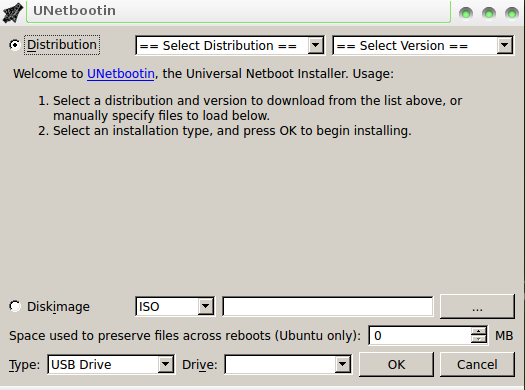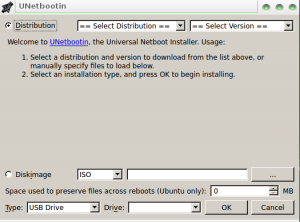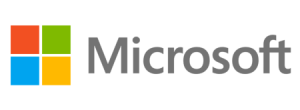
If I were Yogi Berra, I might say something like, “When times get desperate, the desperate get desperater.”
We’re hearing reports that Microsoft is having trouble pushing copies of the whiz-bang don’t-call-it-metro Windows 8 even at reduced fire sale prices, with one tech writer suggesting a Vista-esque rollback to Windows 7. The new Microsoft Surface Pro tablet that was supposed to make Microsoft the new Apple and Steve Ballmer the new Steve Jobs has brought less than enthusiastic reviews. What’s a down on it’s luck technology company to do?
Christine Hall has been a journalist since 1971. In 2001, she began writing a weekly consumer computer column and started covering Linux and FOSS in 2002 after making the switch to GNU/Linux. Follow her on Twitter: @BrideOfLinux

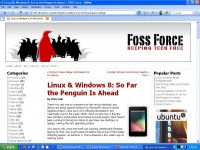
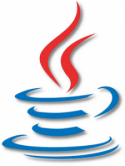 Does Oracle not know their own code?
Does Oracle not know their own code? I’d almost forgotten that SCO was still around until PJ at
I’d almost forgotten that SCO was still around until PJ at 